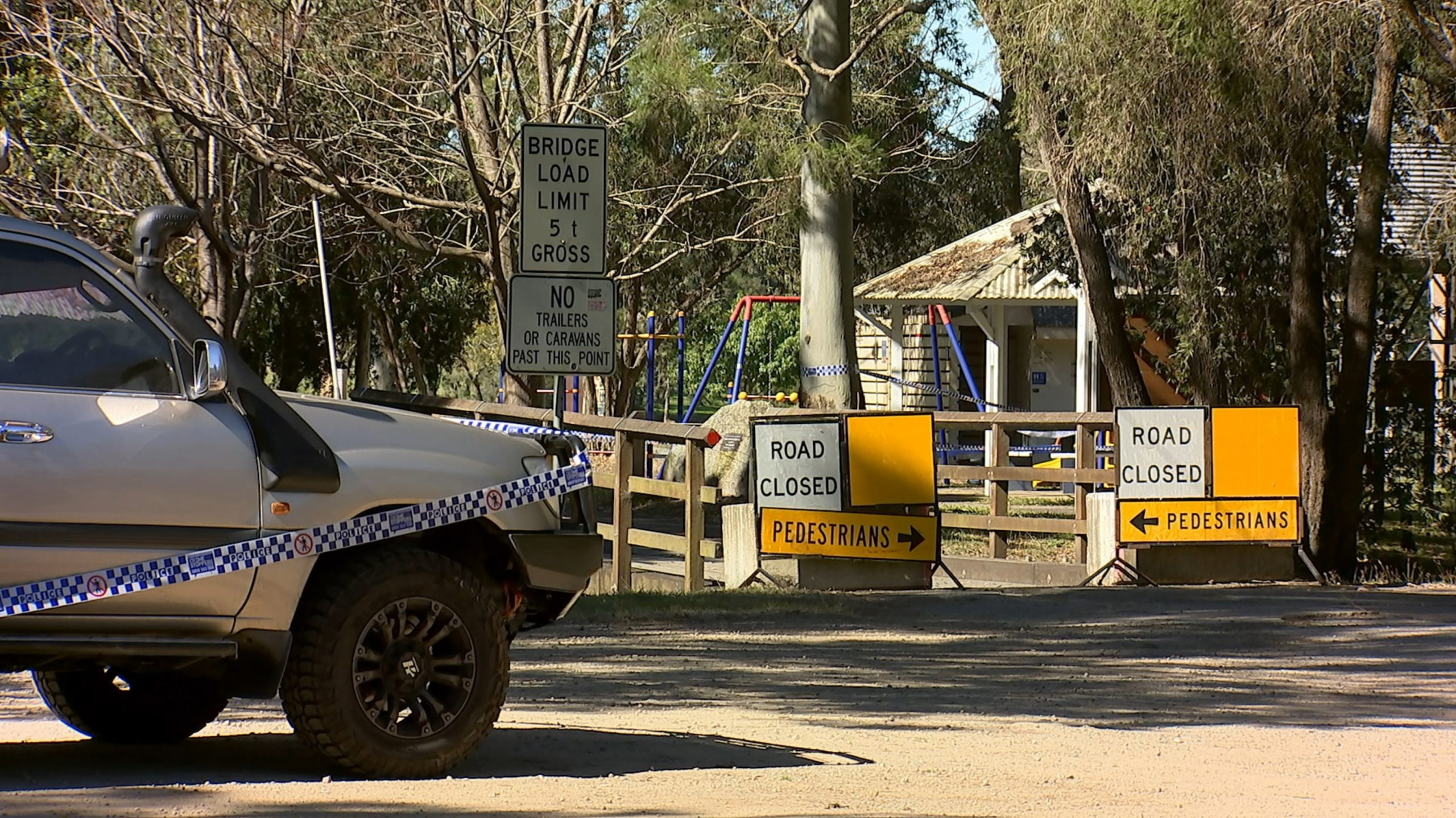Opposition leader Peter Dutton has blamed Prime Minister Anthony Albanese for the United States’ decision to impose tariffs on Australian steel and aluminium.
President Donald Trump earlier today officially ruled out Australia’s request for a tariff exemption, which Albanese complained went “against the spirit of our two nations’ enduring friendship”.
Dutton stood up this afternoon to point the finger at Albanese, saying he has failed to govern and stand up for national interests because he “can’t even get a phone call or a meeting with the president”.
READ MORE: Aussie man leaves hospital with totally artificial heart in world first
“The Prime Minister can’t secure a phone call, let alone a meeting with the President of the United States,” he told reporters.
“How on earth can an outcome be negotiated if the President won’t even take the Prime Minister’s call?
“So it’s not just Australians who see the Prime Minister as weak and incompetent, it’s our trading partners as well.”
Dutton added that, if elected, his government would be able to secure a deal with Trump.
Foreign Minister Penny Wong told Sky News this afternoon that Albanese has had two phone calls with Trump and has been “engaging at every level”.
“The issue here is the position that the [Trump] Administration has taken where they have taken a very hard line against exemptions and, you don’t have to trust me on that, it’s what they’ve said out of their own mouths,” she said.
“They don’t want exemptions. They believe the lesson of the last round is that exemptions don’t work.”
Wong added that imposing tariffs was “not the way to treat a friend and partner” and was “unprovoked and unjustified”.
READ MORE: Major blow to Australia after Trump rules out tariff exemption
Albanese earlier today denounced Trump’s decision, which he said went against Australia and the US’ decades-long partnership.
“This is against the spirit of our two nations’ enduring friendship and fundamentally at odds with the benefit of our economic partnership that has delivered over more than 70 years,” he said.
“Australia has no tariffs on goods from the United States and, of course, we have a free trade agreement with the United States.”
Albanese said Australia would not impose counter-tariffs but would continue to push for an exemption.
“Our government will continue to put forward a very strong case for an exemption, noting that the last time this occurred, it took months for that exemption to be granted,” he said.
“We will advocate for Australian trade with the United States at every level through every channel.”
Albanese said Australian steel and aluminium exports to the US represented less than 0.2 per cent of the total value of Australia’s exports.
“This is not a friendly act. But it is imposed on every country, that is important,” he said.
Wong said the reason the government would not impose counter-tariffs was because it would drive up prices at home and hurt households.
“We’re not going to make Australians pay more for goods and services. We know there’s a cost of living crisis for Australians. We know that we have to continue to address it. And we are,” she told Sky News.
READ MORE: Ukraine agrees to 30-day ceasefire proposed by US
This morning, White House press secretary Karoline Leavitt told Nine newspapers Trump had considered the possibility of an exemption before deciding against it.
“His tariff policies, what he envisions is reciprocity, fair trade practices, where American workers are put first and are no longer ripped off by foreign countries all over this world,” Leavitt told reporters shortly before confirming his position to Nine.
Australia recently recorded its first monthly trade surplus with the US, undermining a key argument for an exemption.
Trump spoke with Albanese about a month ago regarding a possible exemption from Australia.
Labelling Albanese “a very fine man”, the US president promised to give “serious consideration” to a possible exemption.
READ MORE: Trump doubles planned tariffs on Canadian steel and aluminium to 50%
Australia did secure a tariff exemption after months of diplomacy in 2018, and Trump’s style of government historically indicates he is open to reversing positions given sufficient incentive.
“We do not regard this as a final decision,” Albanese said following the announcement.
But heavy tariffs have been a significant feature of Trump’s second term, including on close trading partners Canada and Mexico.
And his key trade advisor Peter Navarro has been vocal in recent weeks on the subject, claiming Australia was waging a “frontal assault” on the aluminium market in the US.
But Albanese said the tariffs would only increase costs for US consumers.
“You cannot overnight change the amount of aluminium or steel that is produced in the United States,” Albanese said.
“Therefore, this decision just increases costs for imports into the United States, which will continue and those costs will be paid by Americans, not by Australians.”
The steel and aluminium tariffs come into effect this afternoon.
READ MORE: Wall Street sell-off spirals after Trump tariff announcement
Trump’s tariffs rattle Wall Street
After a brutal stock market selloff on Monday and further jitters Tuesday, Trump faces increased pressure to show he has a solid plan to grow the economy.
So far the president is doubling down on tariffs and can point to Tuesday’s drama as evidence that taxes on imports are a valuable negotiating tool, even if they can generate turmoil in the stock market.
Trump has suggested tariffs were critical for changing the US economy, regardless of stock market gyrations.
The investment bank Goldman Sachs revised down its growth forecast for this year to 1.7 per cent from 2.2 per cent previously.
It modestly increased its recession probability to 20 per cent “because the White House has the option to pull back policy changes if downside risks begin to look more serious.”
Trump has tried to assure the public that his tariffs would cause a bit of a “transition” to the economy, with the taxes prodding more companies to begin the years-long process of relocating factories to the United States to avoid the tariffs.
But he set off alarms in an interview broadcast on Sunday in which he didn’t rule out a possible recession.
Trump has long relied on the stock market as an economic and political gauge to follow, only to look past it as he remains determined so far to impose tariffs.
When he won the election last year, he proclaimed that he wanted his term to be considered to have started November 6, 2024 on Election Day, rather than his January 20, 2025 inauguration, so that he could be credited for post-election stock market gains.
Trump also repeatedly warned of an economic freefall if he lost the election.
“If I don’t win, you will have a 1929 style depression. Enjoy it,” he said at an August rally in Pennsylvania.
– With Associated Press
DOWNLOAD THE 9NEWS APP: Stay across all the latest in breaking news, sport, politics and the weather via our news app and get notifications sent straight to your smartphone. Available on the Apple App Store and Google Play.

